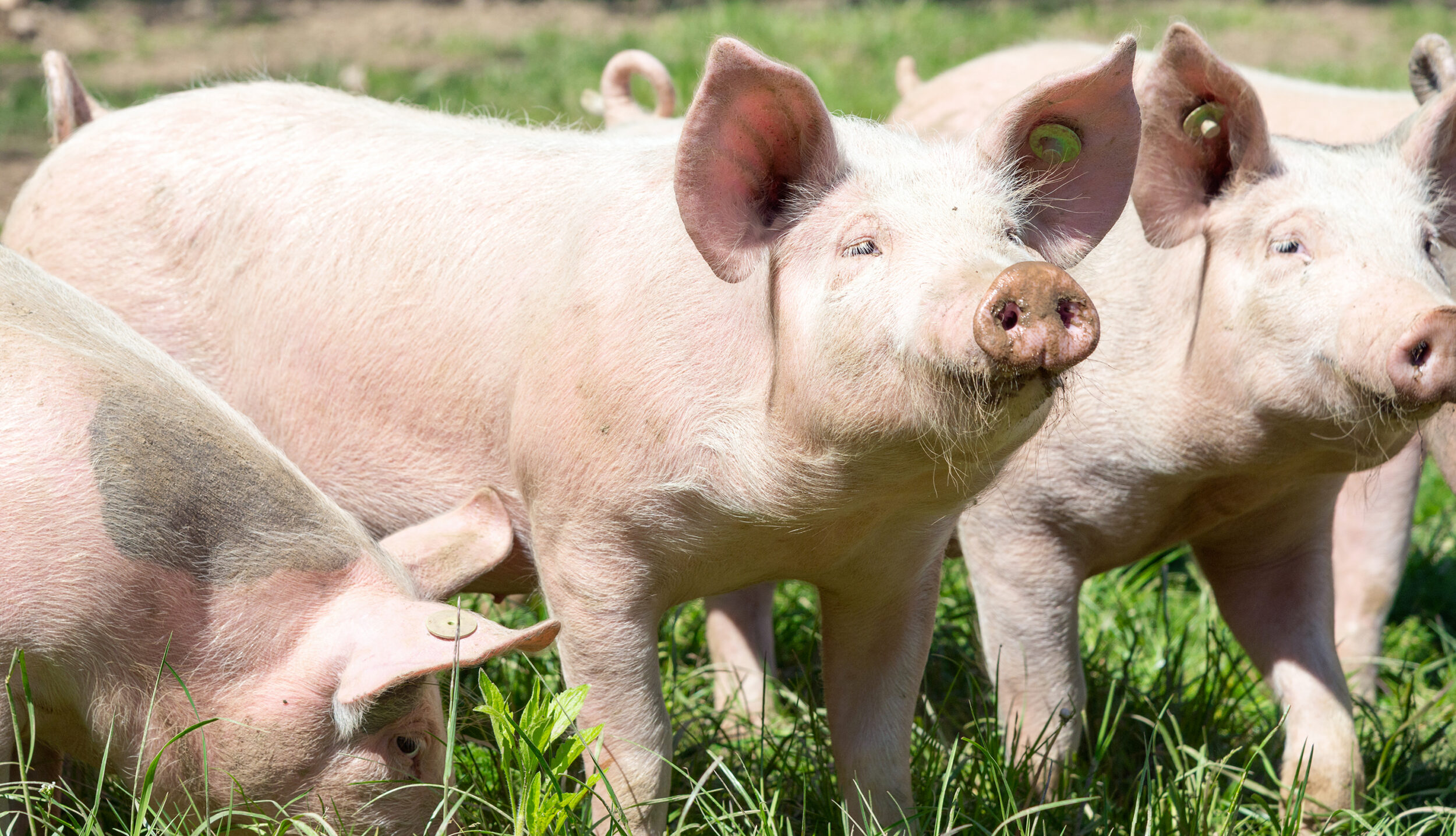For a long time, Québec pork producers sold their hogs to slaughterhouses by an auction system. In 2009, this single marketing channel was replaced by more direct agreements between producers and slaughterhouses. Has this new approach had a positive effect on coordination in the pork industry?
Producers were more concerned with being well perceived by slaughterhouses, which pushed them to improve various aspects of their production.
Annie Royer, an agri-food economics researcher at Université Laval, combined theoretical frameworks from economics and management sciences to identify performance indicators and evaluate stakeholder satisfaction in the hog industry.
Economic theory argues that shifting from an auction (market system) to coordination based on direct agreements between producers and slaughterhouses (contract system) should reduce economic incentives. In a market system, for example, the producer is encouraged to produce at a lower cost in order to be more competitive. This type of incentive is less common with a contractual agreement, as it is replaced by control measures (such as bonuses or penalties set out in the contract).
However, the work of Annie Royer and her team shows that these incentives did not decrease under the new model, but their nature changed: they became reputational. Producers were more concerned with being well perceived by slaughterhouses, which pushed them to improve various aspects of their production.
The study shows that the new model improves overall performance regarding coordination in pork production, but that for certain aspects these improvements eventually plateau. For example, pre-slaughter feed withdrawal and tattoo visibility (traceability) improved after the shift to a system of direct relations, but this progress stagnated. This indicates that some elements of the model still need to be refined.




